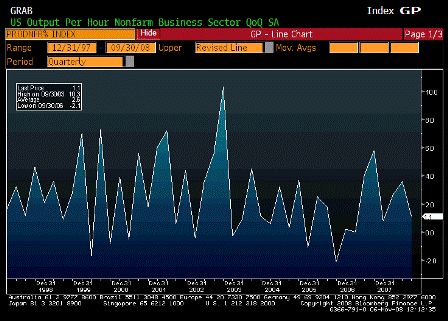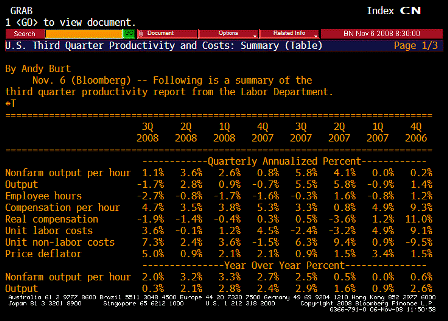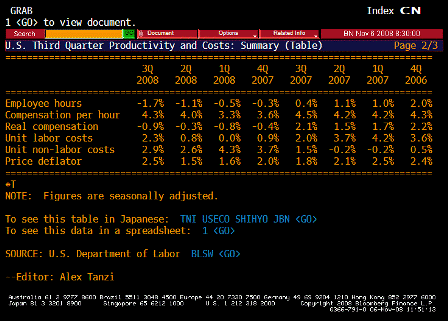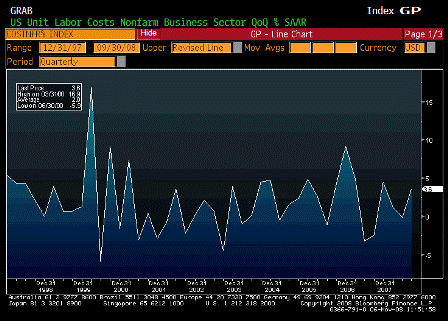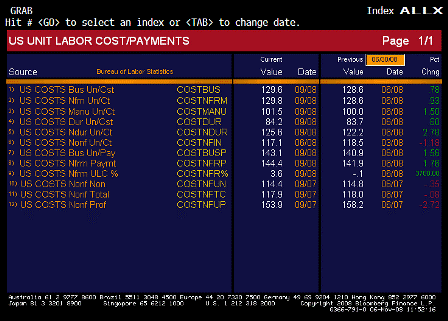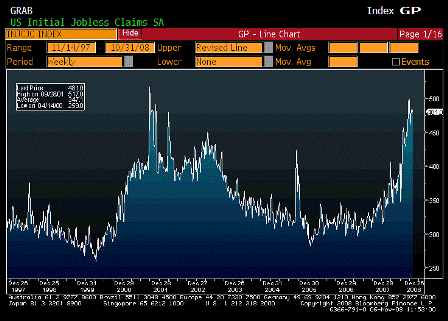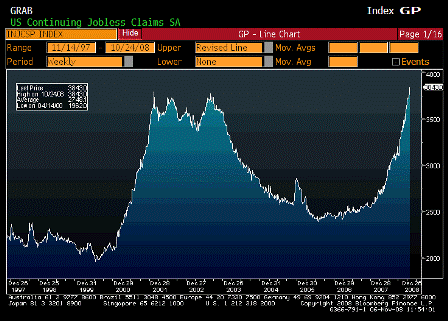[Skip to the end]
>
> On Thu, Nov 6, 2008 at 7:09 AM, Michael wrote:
>
by Judy Chen
Nov. 6 (Bloomberg) — Barack Obama’s calls for changes in China’s yuan policy may put the president-elect on a collision course with the U.S.’s second-largest trade partner, which is holding the currency stable to support its export-led economy.
Obama said China must stop manipulating the currency in a letter to the National Council of Textile Organizations released on Oct. 24.
This is counter productive for the US standard of living.
Obama has yet to discover imports are real benefits and exports real costs.
The People’s Bank of China has kept the yuan almost unchanged against the dollar since mid-July as it shifts focus from countering inflation to sustaining growth amid a global credit crisis. The Foreign Ministry said last week the U.S. shouldn’t blame its trade deficit on exchange rates.
“Obama may exert more pressure on China’s foreign-exchange policy to boost U.S. exports and curb unemployment, but China will first consider its own economic fundamentals,” said Ha Jiming, Hong Kong-based chief economist at China International Capital Corp., the nation’s first Sino-foreign investment bank.
Hopefully, Obama will see the light and it will instead be a case of ‘when the facts change I change’.
Policy of Stability
Paulson said on Oct. 21 that he is “pleased” that China’s currency has appreciated more than 20 percent since a peg against the dollar was abandoned in July 2005.
Paulson either has it backwards, or he’s being subversive.
“It will be emphasized in the next Strategic Economic Dialogue that it is more important than ever that China should rely more on domestic demand rather than its trade surplus to sustain economic growth,” said Nicholas Lardy, senior fellow at the Peterson Institute for International Economics in Washington.
Same- ignorant or subversive are the only possibilities.
“Currency manipulation has been a quite specific implication in law, and no other president has ever used that term,” said Straszheim. If Obama doesn’t take actions following the charge that China is manipulating the yuan, “he will be regarded as another old type politician who promises one thing during the campaign and does another in office,” he added.
[top]

